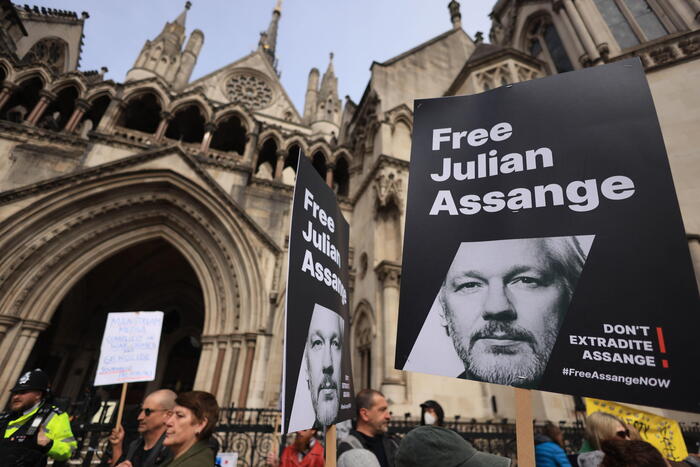History repeats itself, first as a tragedy and then as a farce.
This old quote from Marx resonated several times in my mind when I saw how thousands of Brazilians participated in Brasilia, its capital, in a crude imitation of the attack on the Capitol in Washington on January 6, 2021. The number of victims and the dangerous attack on American democracy make what happened in Washington a tragedy.
What happened in Brazil on January 8, days after a legal, legitimate and until then peaceful transition, the attack on a Congress that was not in session and the looting of the presidential palace where the president was not present, was a farce.
This is not to say that there are no similarities between the two events.
Both are concrete manifestations of a dangerous global trend: the proliferation and sharpening of populism, polarization, and post-truth.
The use of these three tactics to conquer or retain political power through street violence and the defenestration of democratic institutions is a worldwide trend.
This type of episode in which a leader sends his armed forces to intimidate democratic institutions and his lawyers to manipulate the laws that define democracy has become frequent.
Around the globe the prestige of democratic institutions is on the decline, and the aura of respect for legislative bodies and the Supreme Court is fading.
As leaders face greater difficulties in producing positive results for their followers, the temptation grows to replace concrete results with undeliverable but seductive populist promises, violent rhetoric, and manipulation of information.
The criminalization of political differences and turning the attack on adversaries into a television show that serves more as entertainment than serious debate has become popular.
While it is true that these trends did not originate in Washington, they have proliferated in other American cities and represent one of the factors that fuel the current trend.
Why does this happen?
Because American soft power is not what it used to be.
During the second half of the 20th century, America's cultural might meant that young people wanted to be basketball stars, jazz virtuosos, or
rock and roll idols.
The stars that young people want to emulate today may be from the United States or South Korea.
The field in which the United States maintains its leadership is the export of its anxieties, the globalization of its worries.
The world has shown itself to be very willing to participate in the culture wars that divide the United States today.
The Me Too and LGBTQ movements or the popularization of far-right ideas are just a few examples of social conflicts that appear in the United States and quickly transcend its borders to become topics of fierce political debate in other countries.
When economic inequality—a chronic reality that is passively tolerated in many countries—increased in the United States after the 2008 financial crisis, it quickly became a national issue.
And, with equal speed, political leaders and opinion makers in other countries assumed it with great concern.
Even in countries like Brazil, where inequality has long persisted, the issue took on a renewed urgency after it entered the conversation within the US.
The social anxieties and conflicts that the United States exports are not limited to debates on cultural issues, but also include counterattacks against this cultural agenda carried out by the extreme right.
The Bolsonarism that attacked the buildings where the institutions of Brazilian democracy operate was supported by a host of imitators ranging from those who deny the electoral results to those who follow ideas and conspiracy theories drawn from the toxic swamps of QAnon.
It is no coincidence that the movement of the extreme right in Brazil has been close to Steve Bannon, one of the promoters of anti-democratic radicalization that served as a breeding ground for the seizure of the Capitol in Washington.
What happened in Brasilia will be repeated elsewhere.
To the extent that the lack of concrete results from the
usual politicians
opens the door to populist leaders who base their power on polarization and lies, the use of culture wars and farces disguised as revolutions will become more frequent. .
@moisesnaim
Subscribe to continue reading
Read without limits
Keep reading
I'm already a subscriber

/cloudfront-eu-central-1.images.arcpublishing.com/prisa/L4ABMPX4EAIJR4LG7UYQJL4I24.jpg)
/cloudfront-eu-central-1.images.arcpublishing.com/prisa/MAVSIP6MF252ZKL4ZEZAPMSUPQ.jpg)






